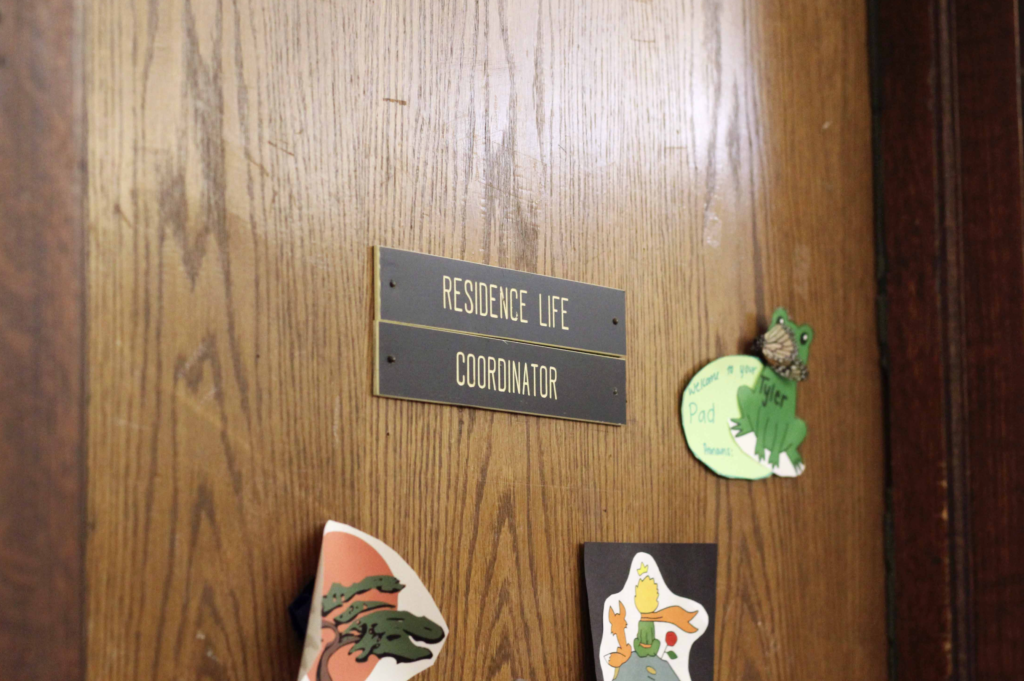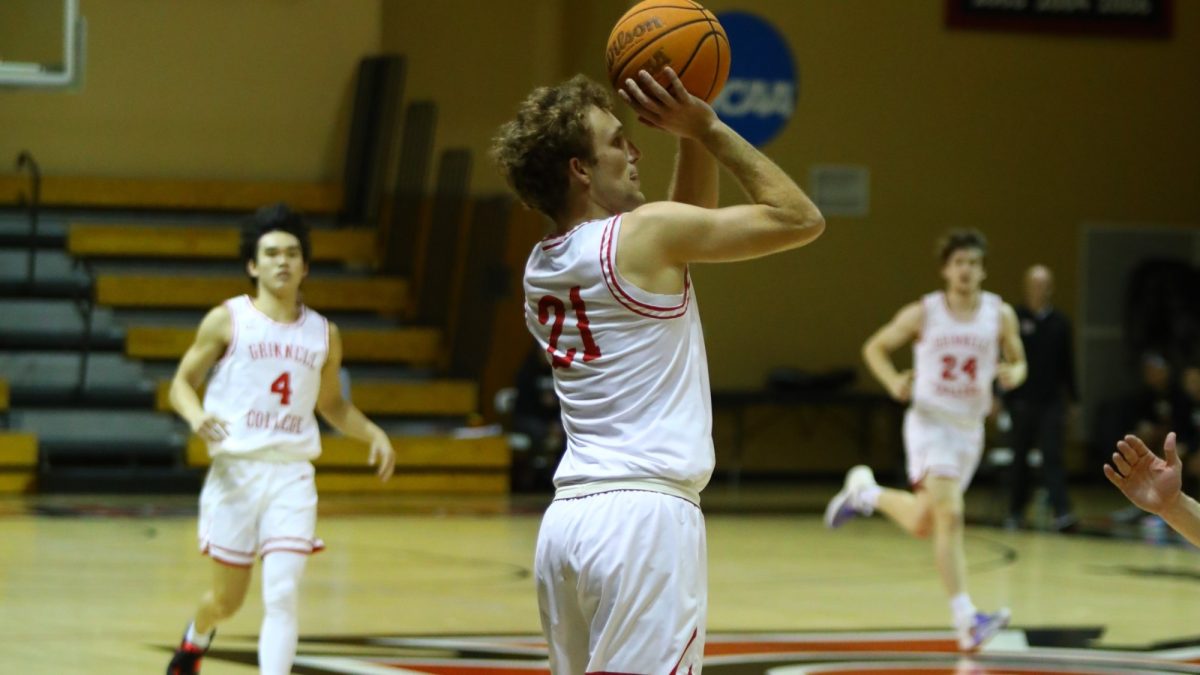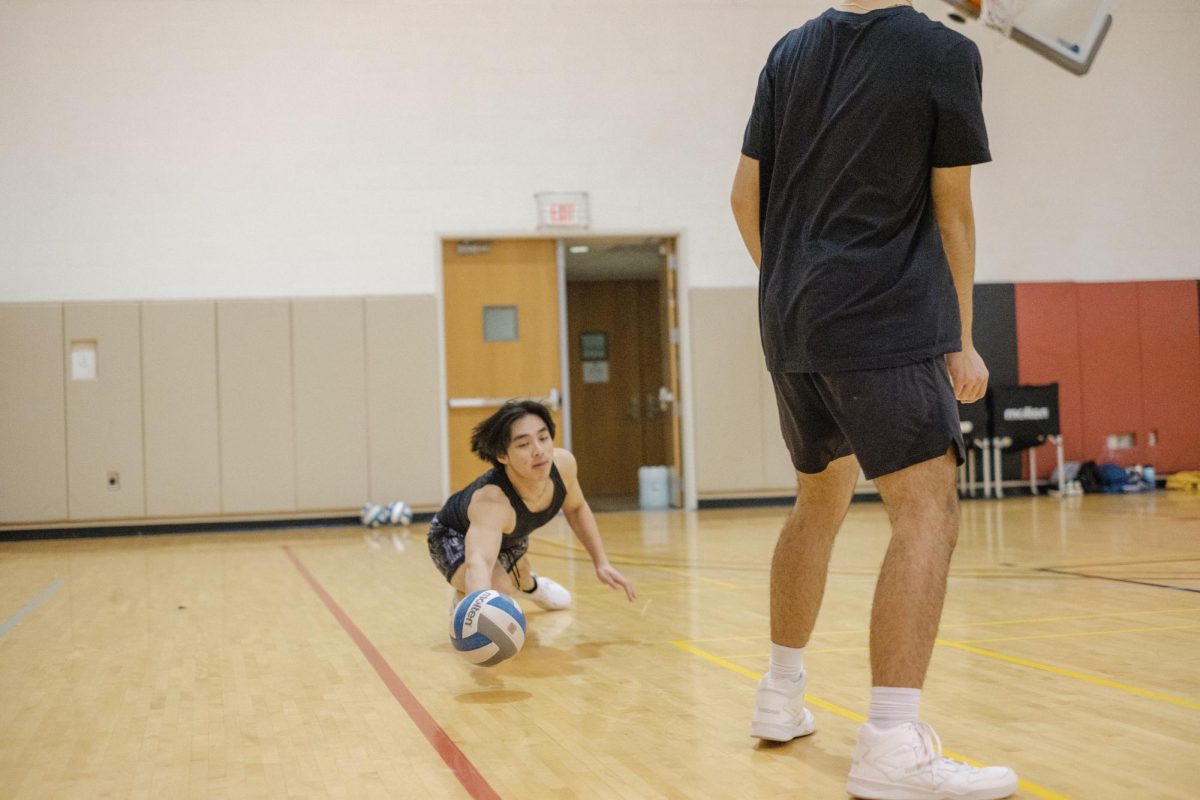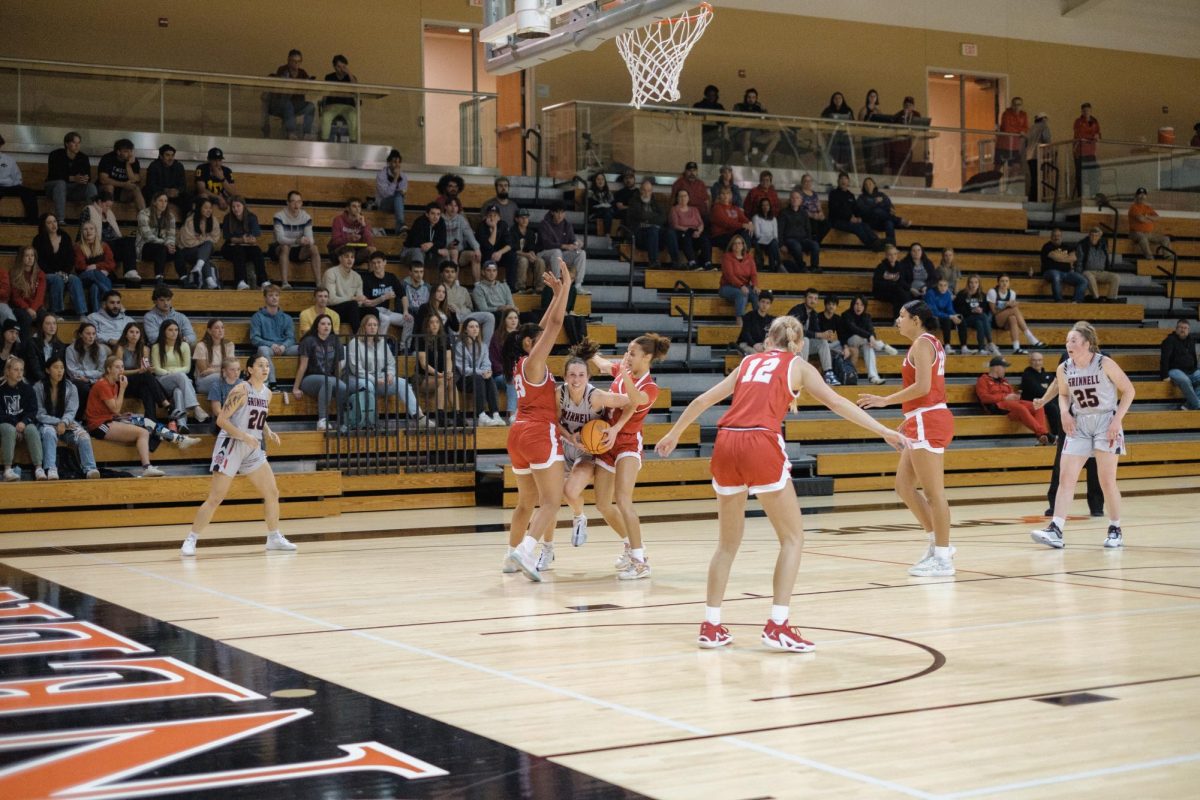Grinnell College’s residence hall cluster system is set up to have five Residence Life Coordinators (RLCs) on staff; however, the College currently only has two employed on campus after the Jamaland (James, Main and Cleveland Halls) RLC Tyler Hoenig became the second RLC to step down in recent months. The former RLC for residence clusters Smounker (Smith and Younker Halls) and Clangrala (Clark, Gates, Rawson and Langan Halls), Jacob Ferguson, left at the end of last semester.
Each RLC organizes and supports students within one housing cluster, which is an essential job, according to Director of Residence Life Dennis Perkins. This new shortage of RLCs on staff has led to Perkins, Associate Vice President and Dean of Students Ben Newhouse and Associate Director of Residence Life Leah Reuber taking over for the missing RLC positions, on top of their other jobs.
“RLCs … are instrumental because they’re front-facing the students,” Perkins said. “So, students are having trouble with homesickness, or adjusting to college, mental health concerns, need just a little bit of counseling or a pep talk. Those are all skills that the RLCs have learned in grad school that make them qualified to be able to handle those issues with students.”
Because this job is so involved with students and student life, the absence of a full Residence Life staff has the potential to harm students who are seeking support.
“The RLC isn’t readily available like they would be if you knock on their door, they might be handling another issue,” Perkins said. “We don’t have that quick response time that we normally would have if we were full-staffed.”
Perkins said that Community Advisors (CAs) have experienced no change in their job expectations or workload because of the understaffing, but one CA said that although the expectations have not changed, some aspects of the job have been affected. That CA asked to remain anonymous to protect their employment.
“It has been stressful for me, as well as other CAs I’ve talked to, to not have enough ResLife staff to advise us on what to do in situations we encounter while on call, or the serious concerns residents come to us with,” the CA said. “This has made me, and other CAs, feel that we are left with little guidance and ability to help in serious physical and mental health and safety issues our residents have. “
They also said that when they needed to reach out for support, the resources that should be there are often not.
“If a problem arises while we are on call, there is no longer a direct RLC we can ask for help or advice — the RLC on call number often does not answer,” they said.
The former RLC for the Jamaland cluster, Tyler Hoenig, left the College on Feb. 2. He said that his reason for doing so was because he accepted a position at a different university. Hoenig did not provide further comment on his departure.
One of the CAs of Main Hall, Sam Rowekamp `22, said in an email that he didn’t expect many changes to his job due to this, but that it was very early to tell for certain.
In response to the understaffing, Perkins said that the Residence Life team has plans to start looking for new candidates. According to Perkins, Grinnell recruits RLC candidates at a placement exchange in Oshkosh, Wisconsin. Perkins said he has registered to attend a conference there this month.
“From now until then, we are going to be looking at resumes and cover letters people will submit to us,” Perkins said.
He attributes the understaffing to changes in the norm of how long people stay in positions like RLCs.
“There used to be a time … where people in entry-level positions stayed for anywhere from three to seven years,” Perkins said. “You’re not seeing that anymore. I think folks really are here one to two years … it’s an entry level position, it’s hard work … and so we see that professional staff are staying less and less time. … This is becoming the norm.”
The plan to address this involves contract changes that incentivize staying longer, with bonuses for the RLCs that choose to stay, but didn’t say if RLCs who are overseeing more than one cluster would also receive extra compensation.
RLCs Maggie Bell and Abigail Meert were not available to interview or comment.

































































Former Res Lifer • Feb 8, 2022 at 8:39 pm
This is happening at all levels of college and university housing across the nation. Too long have entry-level professionals been taken advantage of, overworked and underpaid, leveraging their desire to help students to force them into one of the most stressful, unsupported, and unappreciated jobs.
Withheld • Feb 8, 2022 at 12:56 pm
I think this may be an institutional problem, at least in part. I met someone recently (not a GC alum) who said they worked as an RLC at Grinnell for a year, and it was the worst job they ever had. I don’t remember everything they said, but I remember that one part of it was the amount of weekend time regularly spent at the hospital with students who get alcohol poisoning. I doubt the turnover recently is solely attributable to changing norms regarding length of time in an entry level job. I think it’s likely also about the shift toward leaving jobs that suck. I would encourage the college to consider how RLCs could be better supported, and what would make the job less of an unpleasant experience.